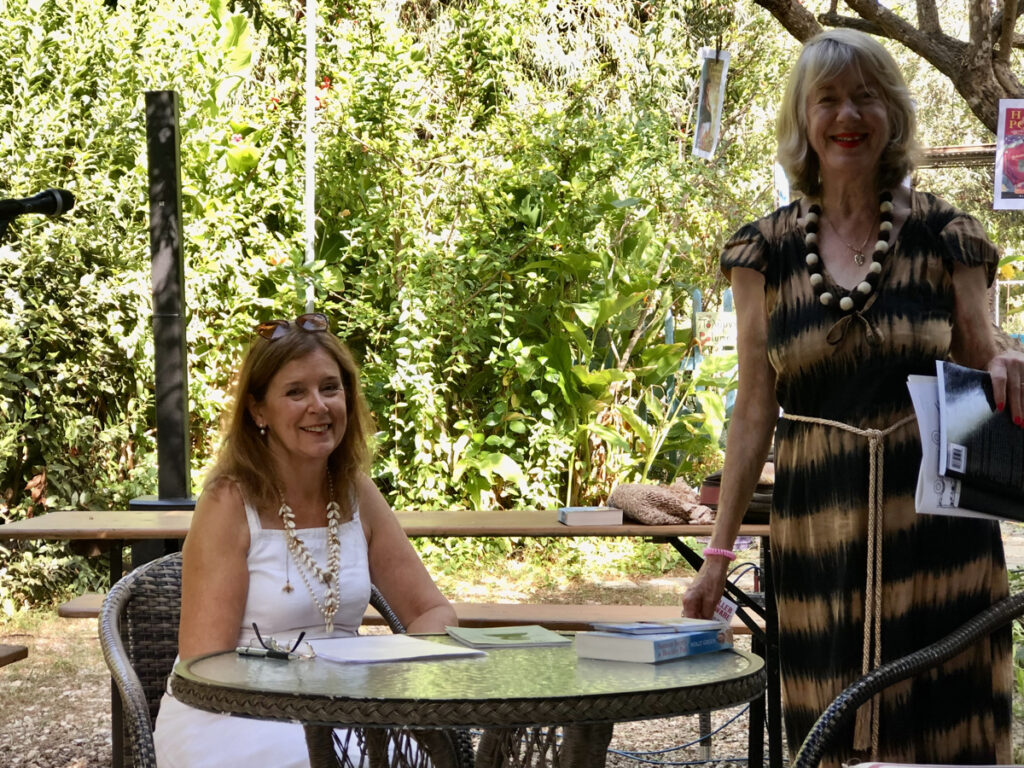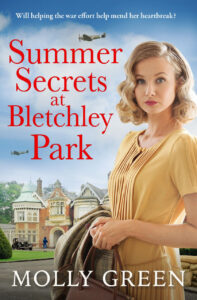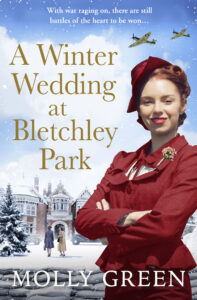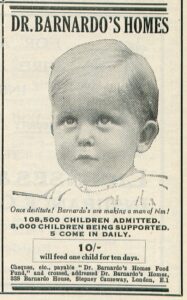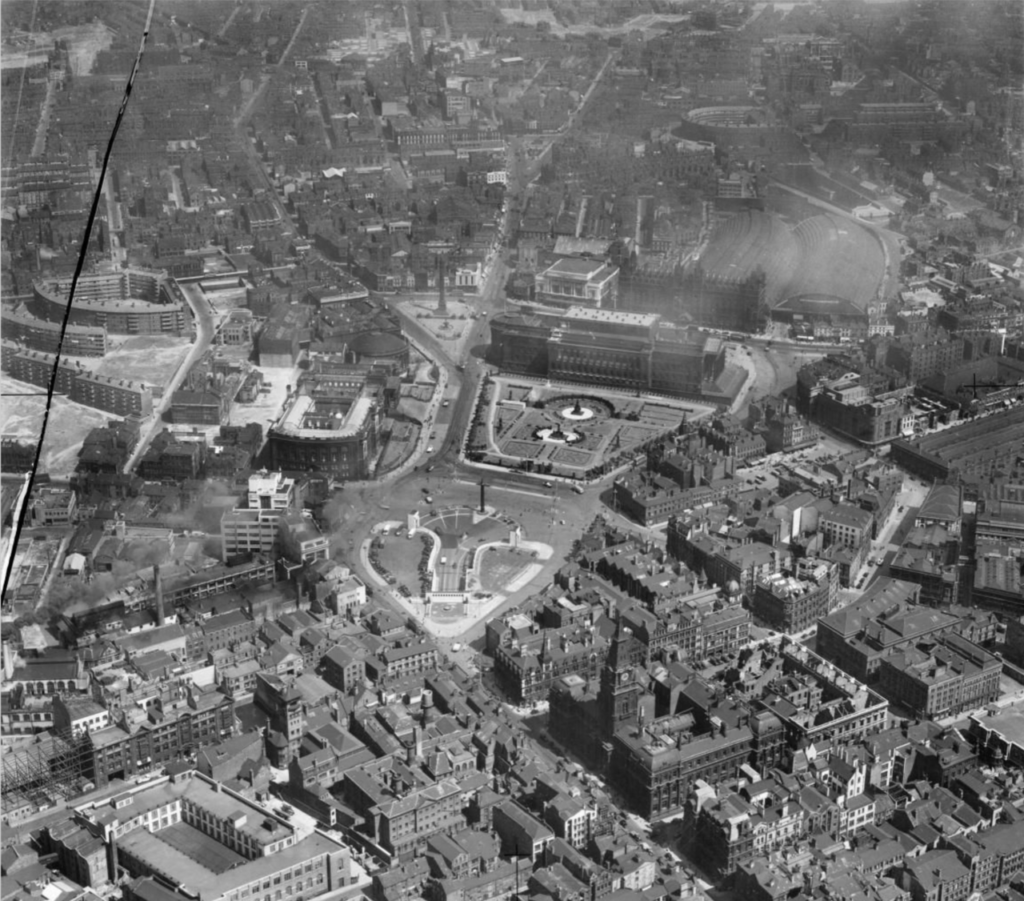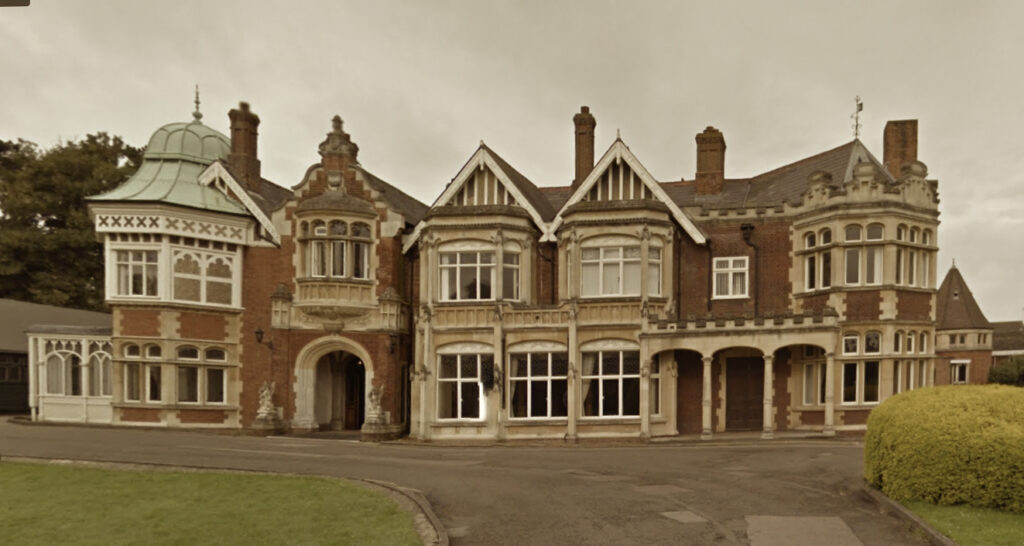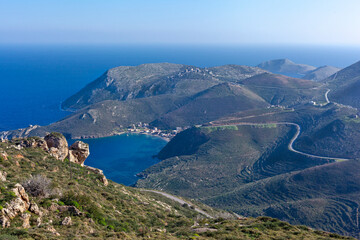 How is it possible that our lovely summer has already slipped into Autumn? And this time it was even more of a shock because the glorious weather had just turned a whole lot cooler. Luckily, for me, my Grecian writing retreat was just around the corner.
How is it possible that our lovely summer has already slipped into Autumn? And this time it was even more of a shock because the glorious weather had just turned a whole lot cooler. Luckily, for me, my Grecian writing retreat was just around the corner.
And what a (re)treat! Our small writing group was unfortunately one down (Suzanne Goldring couldn’t make it), but Carol McGrath, owner of a property in the sun-drenched, stunning coastline of the Mani, was a great hostess to Gail Aldwin and me in spite of having recently undergone a major operation. The four of us have annually (when possible) come together to write in The Greek House, sight-see, eat delicious food and share wine, shop (difficult to resist the colourful clothes at bargain prices), and relax in the blissful warmth of a summer evening.
This time we went to an unusual concert in the mountains, given by three vibrant young women who played different instruments and sang in 28 languages. Their voices in perfect harmony were magical. With all this going on, you’d think we’d have no time left to write. Wrong! We managed several hours every day, and at four o’clock we’d meet for tea and homemade scones (by me!) and read out our chapters and critique them. It works like a dream. I wrote 11,000 words – a record in 7 days for me. No matter that I deleted at least a thousand when I was home. That’s all part of the writing process.
In August, I gave a talk at the University Women’s Club where I’ve been a member for over thirty years. The subject was some of the iconic buildings I’ve used for my settings in my novels. It was the first time I’ve ever used a projector and screen and although I’d practised under the instructions of author Alison Morton (also a member), who kindly put the slide show together, I was still nervous on the night.
Of course, technology sometimes acts up (not my fault, of course!) but gave the audience a few laughs – never a bad thing at a talk. I was surprised so few of the women (there were only two men in the audience) had been to Bletchley Park and Churchill’s Cabinet War Rooms, so I’m hoping my books on those subjects will inspire them to pay a visit.
One of the slides I showed was Longleat, near Bath. It’s been on the television several times lately but mostly commentating on the grounds and the history of the world-famous safari. However, during the war the safari didn’t exist. The Marquis of Bath was requested by the War Ministry to take in a private school called The Royal School for Daughters of the Officers of the Army. I read a memoir of one of the girls who attended there during the war. A spoilt and rebellious child, she was eventually expelled.
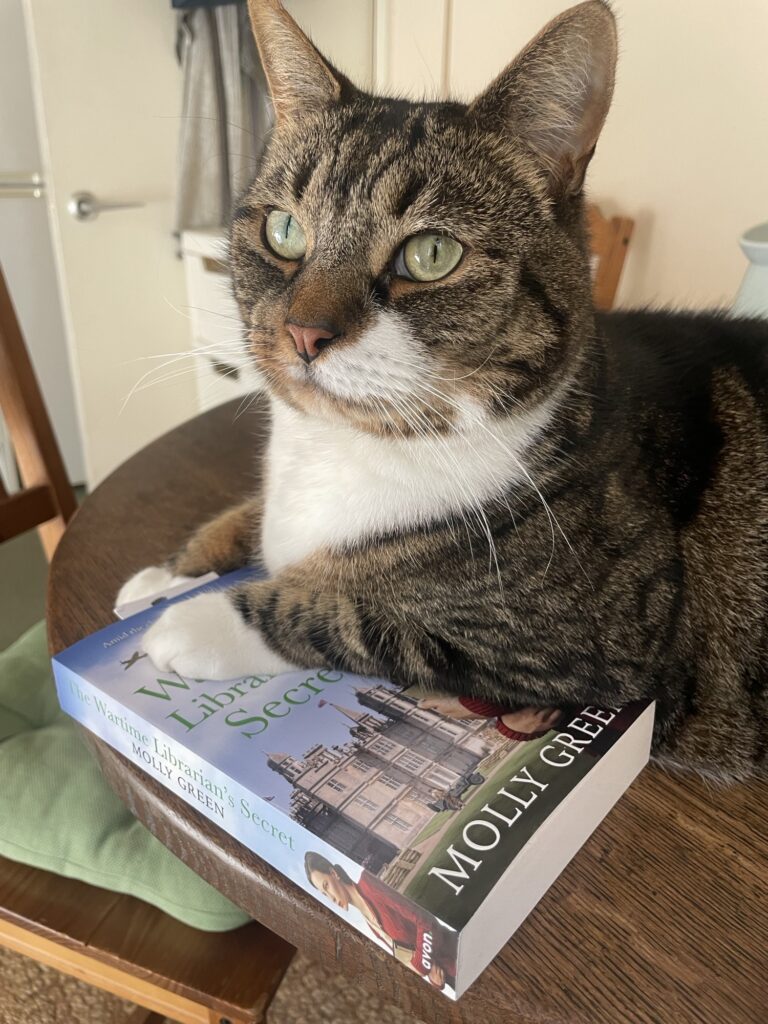 The Marquis also gave permission for the Americans to build an American military hospital in the grounds. Perfect! I now had an American doctor who would be the hero, working and living in a conglomeration of hurriedly built huts, and my heroine would be in the grand house as the librarian.
The Marquis also gave permission for the Americans to build an American military hospital in the grounds. Perfect! I now had an American doctor who would be the hero, working and living in a conglomeration of hurriedly built huts, and my heroine would be in the grand house as the librarian.
Throw the rebellious teen (they didn’t use the term ‘teenager’ in the war) into the mix and I had the fragments of a story which became The Wartime Librarian’s Secret, published last July. You can see how it appeals to cats as well as readers!
The penultimate building I showed was the club itself. I told them this is the setting I’ve chosen for my latest book, out next June. It’s called Wartime Secrets at the Mayfair Club: The Ladies’ Mayfair Club survived the Blitz – but can it survive betrayal?
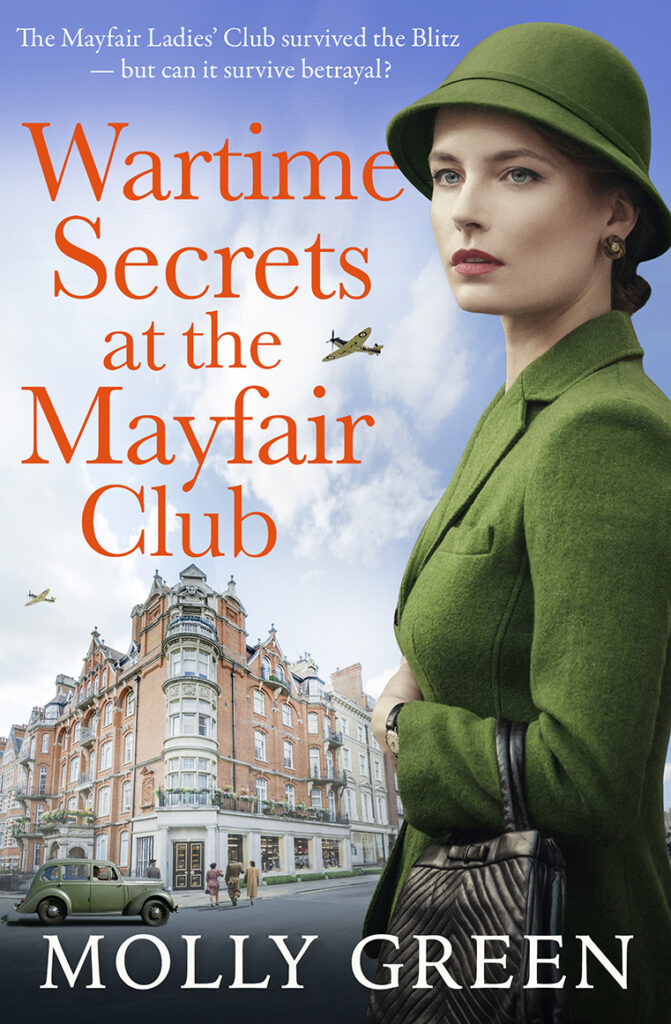 Just days ago I wrote THE END on a very rough draft, but at least the story is down so I’m able to enjoy all the editing it needs before submission. This time I’m tiptoeing into spy-land and have discovered another piece of history – namely the British Union of Fascists – that I never realised was quite so widespread and so treacherous, and that if Oswald Mosley and his tens of thousands of supporters had been successful, they could have completely changed the outcome of the war.
Just days ago I wrote THE END on a very rough draft, but at least the story is down so I’m able to enjoy all the editing it needs before submission. This time I’m tiptoeing into spy-land and have discovered another piece of history – namely the British Union of Fascists – that I never realised was quite so widespread and so treacherous, and that if Oswald Mosley and his tens of thousands of supporters had been successful, they could have completely changed the outcome of the war.
* * *
If anyone is near Lewes, East Sussex on Saturday, 15th November, do come to a talk I’m giving in the library located at Styles Field, Friar’s Walk, 1.30 – 3pm and signing copies of The Wartime Librarian’s Secret. I would love to see you so please introduce yourself if you do. There will be a similar slide show to the one in the UWC and you’ll have the chance to see the last slide which is actually a video made especially for me showing the ultimate iconic building – where I write!
Until next time, happy reading.
Molly Green
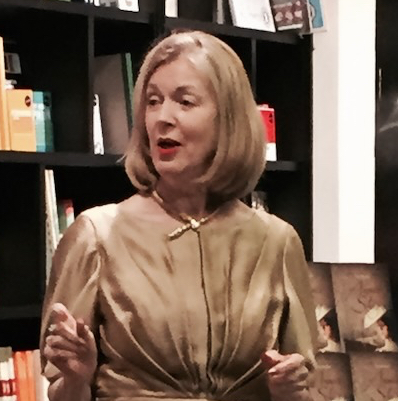
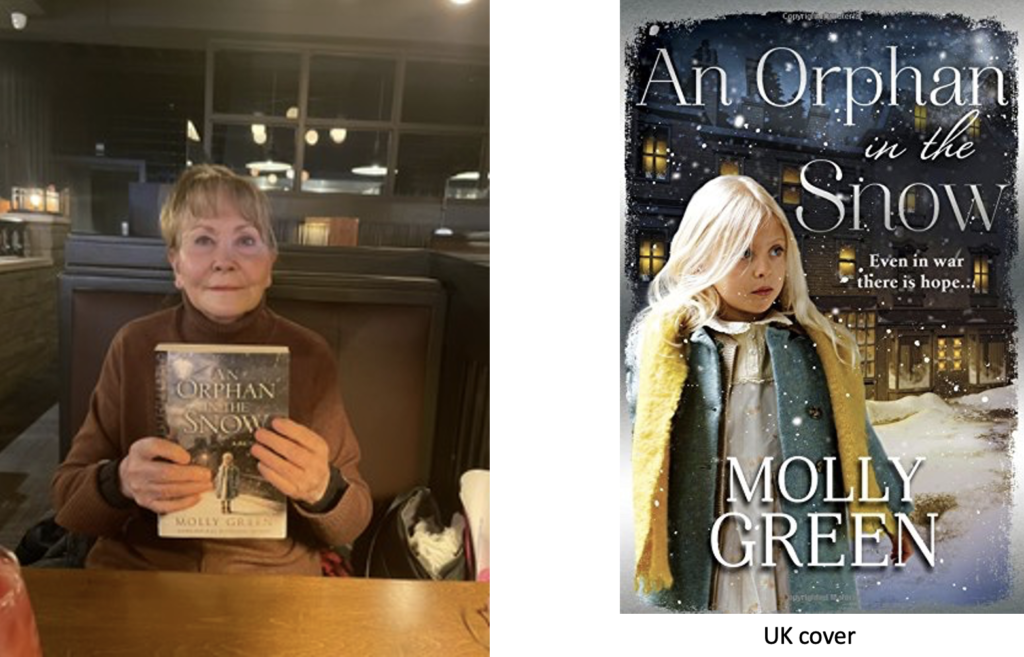
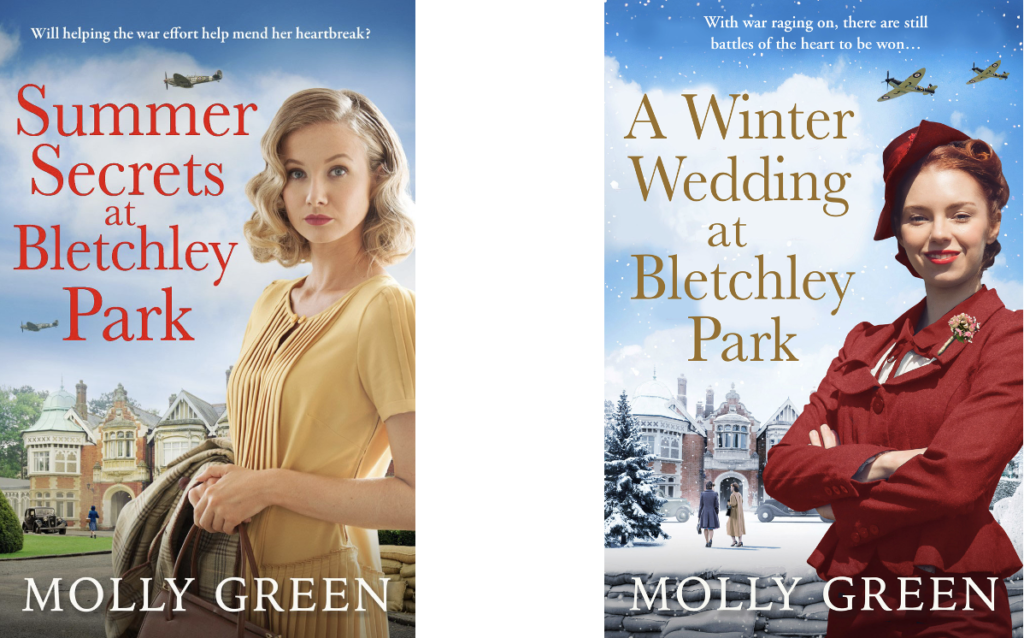
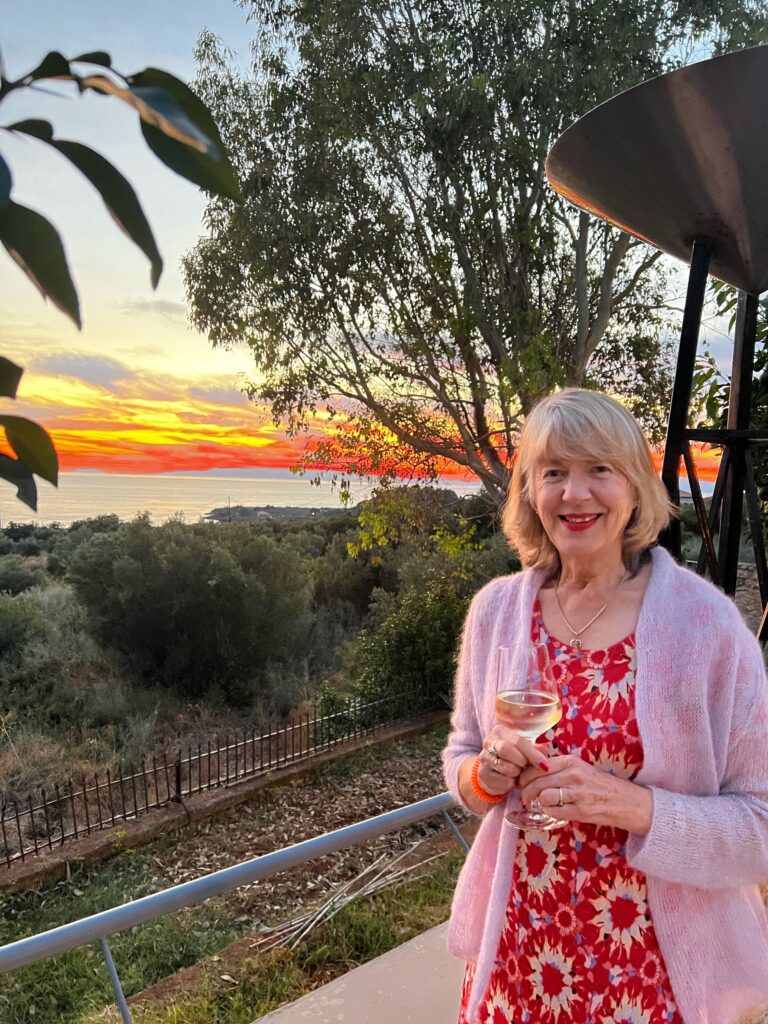 What a month! The builders are still finishing the renovations to my house, I’m pressing on with Book 3 of The Bletchley Park Girls and have recently returned from a fortnight’s holiday abroad – the first in three years.
What a month! The builders are still finishing the renovations to my house, I’m pressing on with Book 3 of The Bletchley Park Girls and have recently returned from a fortnight’s holiday abroad – the first in three years.